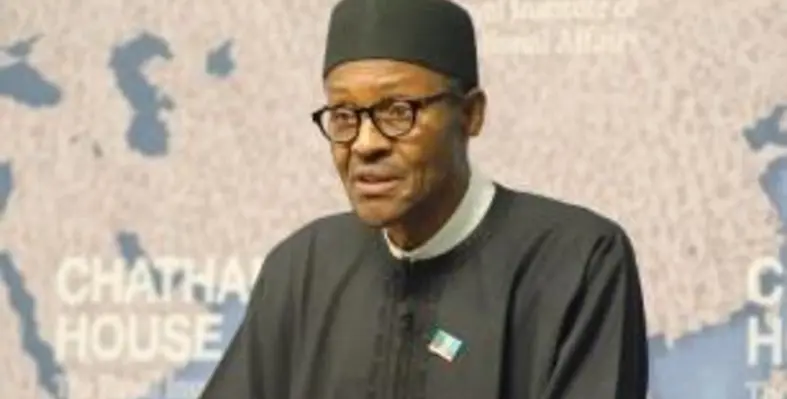Muhammad Buhari, President of Nigeria, has foreclosed the immediate opening of the county’s borders with its West African neighbours
The President, who received President Roch Marc Kabore of Burkina Faso in Abuja, said that the borders closed since August 2019 would remain closed until the tripartite committee made up of Nigeria, Benin Republic and Niger republic submits its report. However, he appealed to the neighbouring countries negatively affected by the closure to be patient.
“Our major problem is security, the inflow of weapons, ammunition and drugs. We have witnessed a decline in banditry since the partial closure of the borders. Also, our farmers are now able to sell their rice since we stopped the inflow of foreign rice, usually dumped in the country.”
He, however, said that he would “work as fast as I can as soon as I receive the report.”
The Burkinabe leader earlier urged Buhari to reconsider his stance on the policy, saying that the tripartite committee he headed had looked into some of the issues Nigeria raised and resolved a lot of the issues leading to the closure.
The Nigeria government officials had said that the effects of the closure had been positive – reduction of light weapons coming into Nigeria and also that of rice and petroleum products outside the country.
Timipire Slyva, junior minister for petroleum, commented that there had been a daily drop-in Nigeria of eight million litres of premium motor spirit in fuel consumption daily since the border was closed.
He noted, “Definitely, we are beginning to see the numbers reducing from over 60 million litres. It has already come down – from the last account – to about 52 million litres per day.”
However, the border closure has had dire consequences on the ECOWAS countries, especially Nigeria's smaller but immediate next-door neighbour, and Benin which depends on their bigger and richer neighbour for trade.
Taking the consequences into consideration, the International Monetary Fund (IMF) has urged West African nations, most especially Nigeria, Benin Republic, Togo and Ghana, to quickly resolve issues around border closure.
Nigeria is impacted by the negative effects of the closure though inflation has increased for the fifth straight month from 11.98 per cent in December 2019 to 12.13 per cent in January 2020, due mostly to the border closure.
But for now, Nigeria believes that the border closure is the right thing to do and intends staying on its course.














